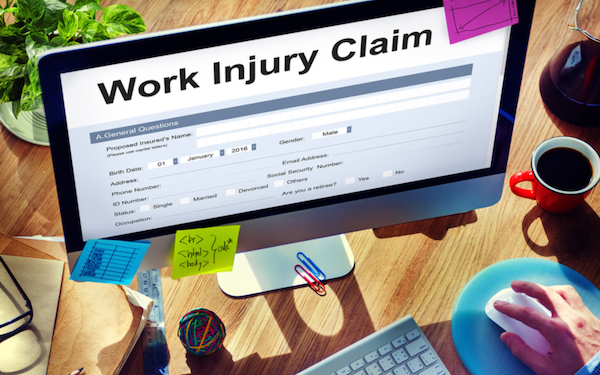Injured on the Job? The Fundamentals of Workers’ Compensation Claims
Have you suffered a job-related injury? Depending on the nature of your injury, you could be within your rights to file a workers’ compensation claim. If you win your case, your employe will be required to compensate you. However, there are plenty of fundamentals of workers’ compensation that you should be aware of before, during and after filing your claim.

Count on Glofin to be there every step of the way.
What is workers’ compensation?
Not sure what workers’ compensation is exactly? Glofin is here to clear up any confusion you may have. Workers’ compensation is a form of insurance designed to provide wage replacement and medical benefits to employees injured in the course of employment. Once they’ve provided compensation, however, an employee cannot sue their employer for negligence.
Why is workers’ compensation insurance necessary?
Accidents happen. Even if an employer offers regular on-the-job training, implements a variety of safety practices and requires extensive certification courses, accidents can still happen. According to the Bureau of Labor Statistics:
There were approximately 2.8 million nonfatal workplace injuries and illnesses reported by private industry employers in 2017, which occurred at a rate of 2.8 cases per 100 full-time equivalent (FTE) workers. (source: Bureau of Labor Statistics)
While some statistics have shown a decrease in nonfatal workplace injuries and illnesses in conjunction with increases in standardized safety practices and in-depth training, the aforementioned numbers show there’s still a lot of work to be done to keep employees safe. This is why workers’ compensation insurance is necessary and also why it’s important that you understand your options if you ever get hurt on the job.
Workers’ compensation claims can get confusing very quickly. Don’t wind up losing your case. Get the compensation you deserve by following these steps.
Turn to Glofin for knowledge
As a pre-settlement funding company, Glofin has over a decade of experience working with patients who need financial help after being injured. That’s why we’re a great resource for plaintiffs who want to have a better understanding and overall picture of workers’ compensation. For more information on pre-settlement funding, personal injury and the ramifications of workers’ compensation claims, check the blog section of our site often.



